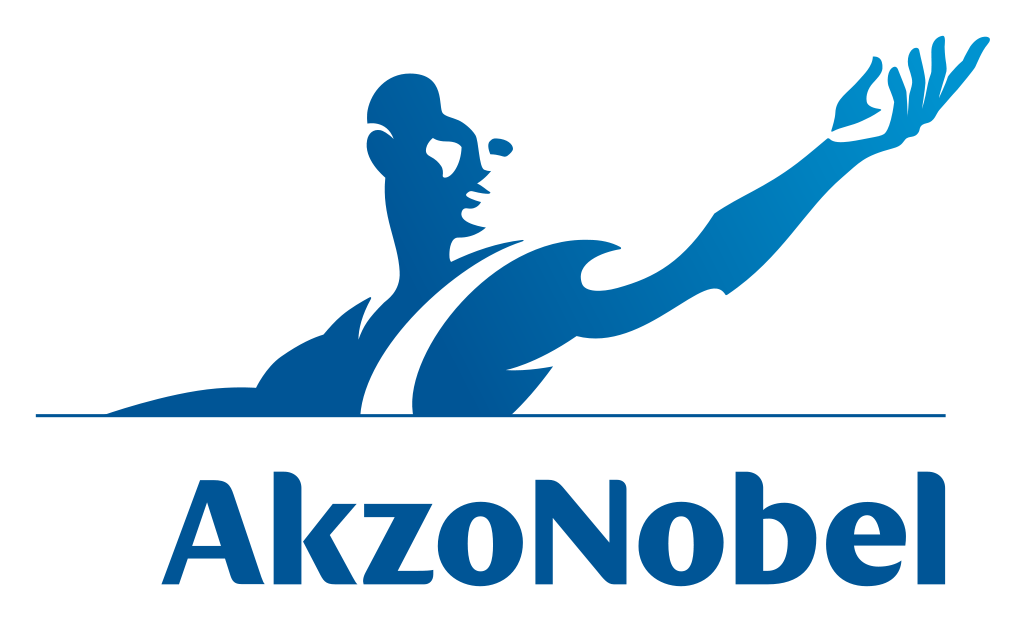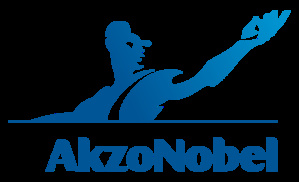Dailycsr.com – 22 July 2017 – AkzoNobel’s André Veneman asks the question:
“What happens if you ask your friends what they think about chemicals?”
The point to think about is that whether they will reveal the information regarding “the risks, the possibility of accidents and injuries, air and water pollution” or they will come up with the “essential chemicals” requirements in the products used on a daily basis. Veneman draws our attention by revealing that the paint, chemical or coatings companies, talking about their “products safety standards”, will touch upon “the cost of the REACH regulations”, the requirement for “level playing field” or deal with “risk versus hazard”, approaching the latter with scientific theories.
However, it unlikely that they will show their “dislike for rules and regulations on “substitution” from hazardous to less-hazardous materials”. In fact, they may even skirt the issue of “product stewardship” which could lead to “innovating more sustainable products”, as a result establishing “longer term value” with the customers making the business stronger.
In the words of Veneman:
“At AkzoNobel for many years we have gone beyond ‘reactive compliance’, and have rigorous innovation programs in place to ‘future proof’ our products not only for new regulation and legislation, but for new customer and societal expectation. With programs such as our customer focused Product Stewardship process, we provide our customers where possible with safer and more effective and sustainable products - which meet or exceed their expectations”.
Together, REACh and ECHA, equips AkzoNobel with “excellent assessment tools” along with “strong product safety regulation”. Moreover, the list of “ChemSec’s SIN” dealing with “hazardous substances” gives a “relevant and robust overview of future substances of concern”. While, Veneman added:
“In fact, at AkzoNobel we see a wide range of opportunities for our industry to accelerate the pace towards zero harm and a non-toxic environment. For example, we would be happy to see all paints being lead-chromate free. AkzoNobel would also like to contribute to a faster global transition to Chromate 6 free coatings for use on coil, Bisphenol A free packaging coatings, non-biocidal anti-fouling coatings and formaldehyde free products. We would like to support a global move from solvent-based to water-borne coatings”.
At Akzo safety of products are customer centric, whereby it moves towards “zero harm” and establishes “a non-toxic environment”. Here are a list of aims of Akzo, as mentioned by Veneman in the Ethical Performance:
• continue to be 100% in compliance with product safety regulation globally
• restrict / replace the use of over 250 hazardous substances as a response to emerging customer and societal concern, on top of existing regulation
• derive 20% revenue from solutions that offer more sustainability benefits for our customers than competitive products
• offer sustainable product portfolios in all of our market segments to those customers who seek sustainable solutions
• link Product Stewardship with our circular economy programs to increase our share of recycled, sustainably sourced and bio-based materials
• increase company revenues from safer and sustainable product portfolios
According to Veneman:
“Our Planet Possible sustainability strategy starts from the conviction that our planet can provide all resources to offer all people on this planet good living standards, health and wellbeing”.
Therefore at Akzo, the “Sustainable Development Goals offer a great compass to achieve safety, health and wellbeing”.
References:
http://www.ethicalperformance.com
“What happens if you ask your friends what they think about chemicals?”
The point to think about is that whether they will reveal the information regarding “the risks, the possibility of accidents and injuries, air and water pollution” or they will come up with the “essential chemicals” requirements in the products used on a daily basis. Veneman draws our attention by revealing that the paint, chemical or coatings companies, talking about their “products safety standards”, will touch upon “the cost of the REACH regulations”, the requirement for “level playing field” or deal with “risk versus hazard”, approaching the latter with scientific theories.
However, it unlikely that they will show their “dislike for rules and regulations on “substitution” from hazardous to less-hazardous materials”. In fact, they may even skirt the issue of “product stewardship” which could lead to “innovating more sustainable products”, as a result establishing “longer term value” with the customers making the business stronger.
In the words of Veneman:
“At AkzoNobel for many years we have gone beyond ‘reactive compliance’, and have rigorous innovation programs in place to ‘future proof’ our products not only for new regulation and legislation, but for new customer and societal expectation. With programs such as our customer focused Product Stewardship process, we provide our customers where possible with safer and more effective and sustainable products - which meet or exceed their expectations”.
Together, REACh and ECHA, equips AkzoNobel with “excellent assessment tools” along with “strong product safety regulation”. Moreover, the list of “ChemSec’s SIN” dealing with “hazardous substances” gives a “relevant and robust overview of future substances of concern”. While, Veneman added:
“In fact, at AkzoNobel we see a wide range of opportunities for our industry to accelerate the pace towards zero harm and a non-toxic environment. For example, we would be happy to see all paints being lead-chromate free. AkzoNobel would also like to contribute to a faster global transition to Chromate 6 free coatings for use on coil, Bisphenol A free packaging coatings, non-biocidal anti-fouling coatings and formaldehyde free products. We would like to support a global move from solvent-based to water-borne coatings”.
At Akzo safety of products are customer centric, whereby it moves towards “zero harm” and establishes “a non-toxic environment”. Here are a list of aims of Akzo, as mentioned by Veneman in the Ethical Performance:
• continue to be 100% in compliance with product safety regulation globally
• restrict / replace the use of over 250 hazardous substances as a response to emerging customer and societal concern, on top of existing regulation
• derive 20% revenue from solutions that offer more sustainability benefits for our customers than competitive products
• offer sustainable product portfolios in all of our market segments to those customers who seek sustainable solutions
• link Product Stewardship with our circular economy programs to increase our share of recycled, sustainably sourced and bio-based materials
• increase company revenues from safer and sustainable product portfolios
According to Veneman:
“Our Planet Possible sustainability strategy starts from the conviction that our planet can provide all resources to offer all people on this planet good living standards, health and wellbeing”.
Therefore at Akzo, the “Sustainable Development Goals offer a great compass to achieve safety, health and wellbeing”.
References:
http://www.ethicalperformance.com


 Akzo Nobel Uses ‘Sustainable Development Goals’ To ‘Achieve Safety, Health And Wellbeing’
Akzo Nobel Uses ‘Sustainable Development Goals’ To ‘Achieve Safety, Health And Wellbeing’





 Companies
Companies